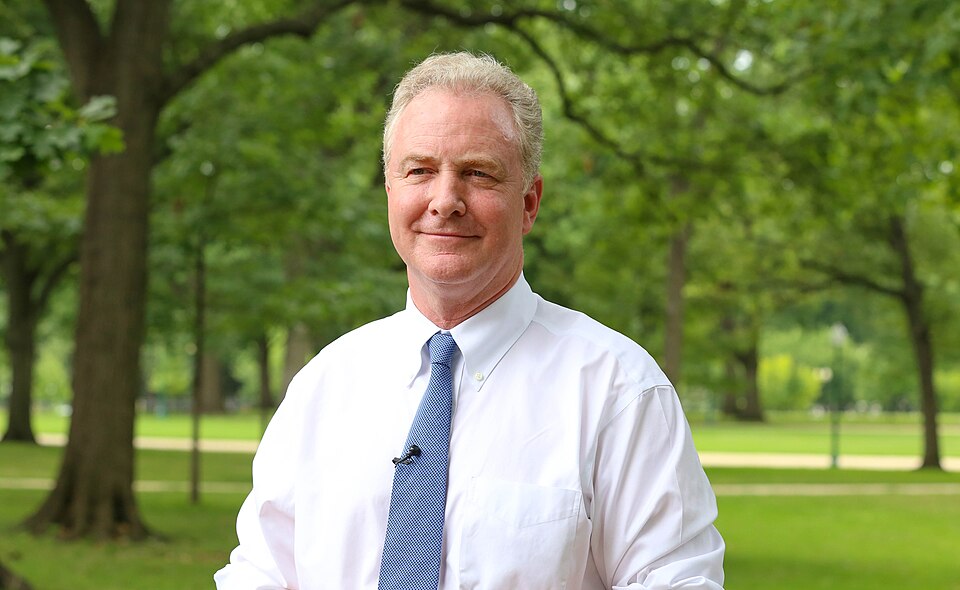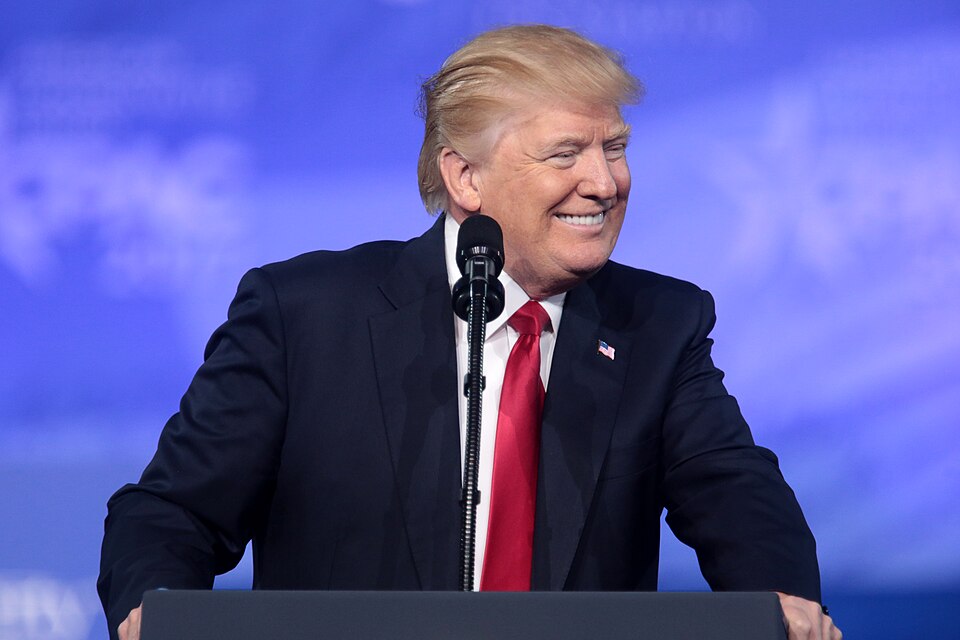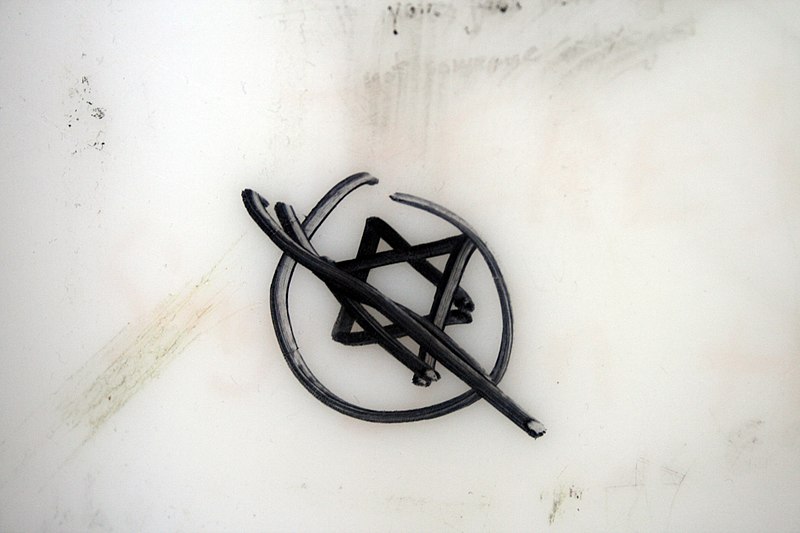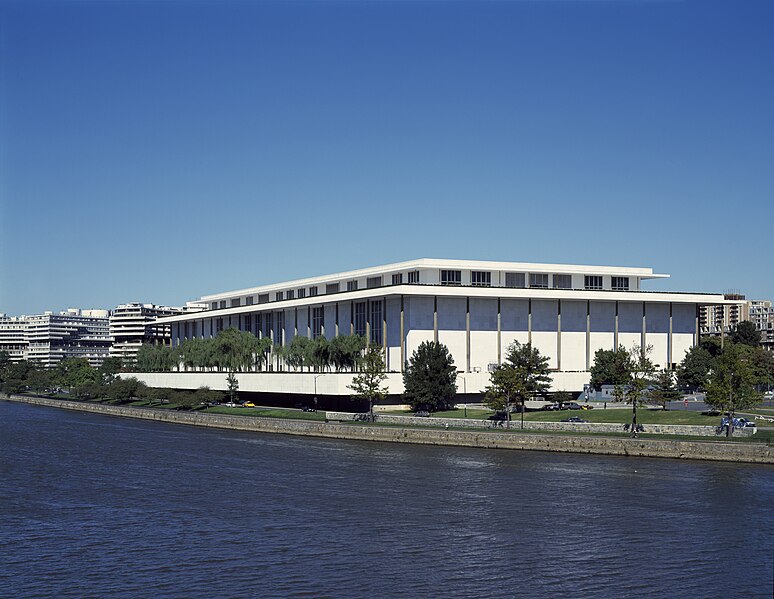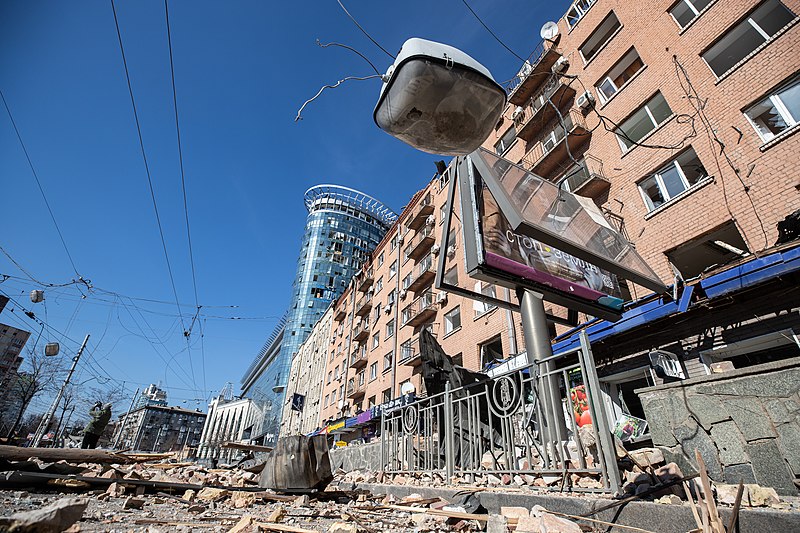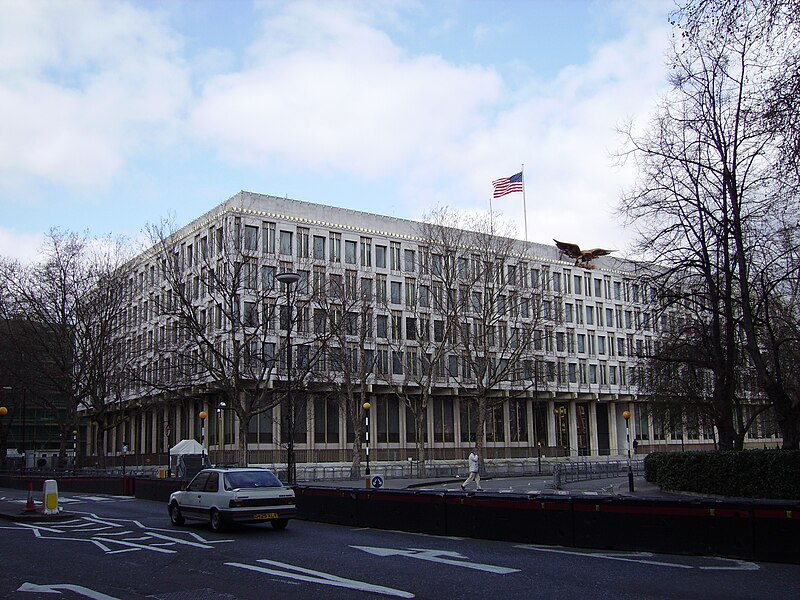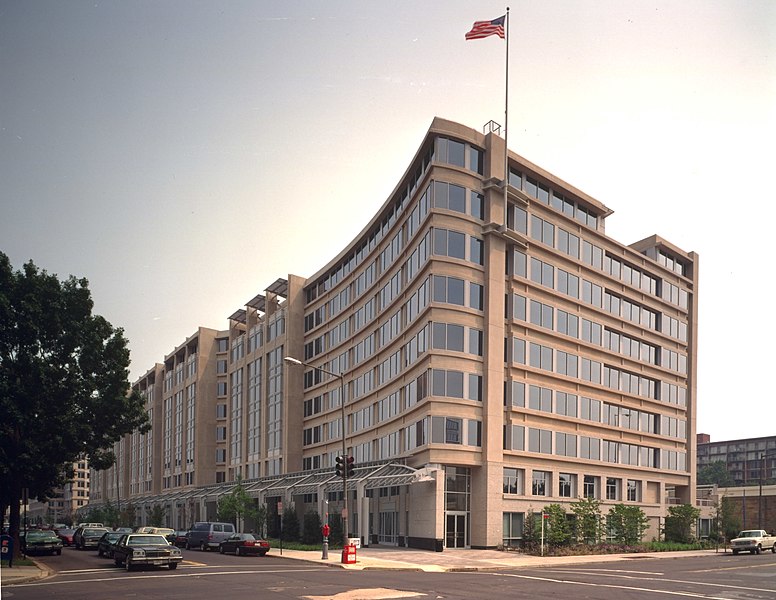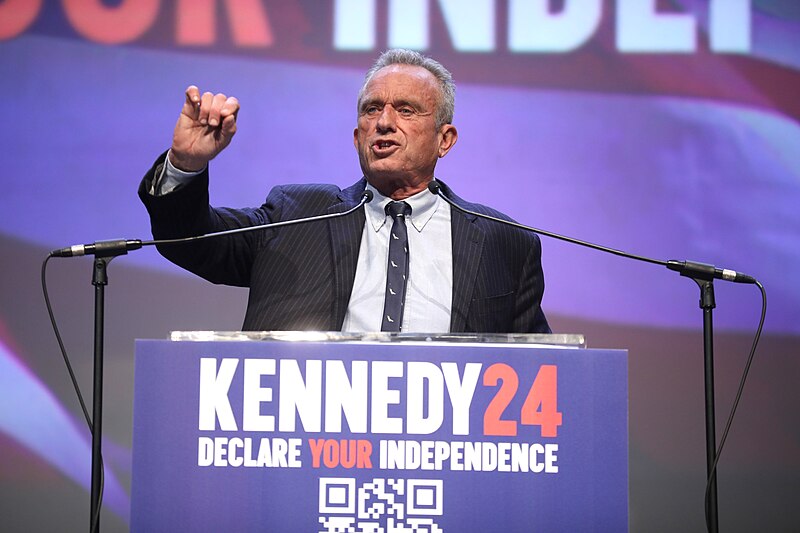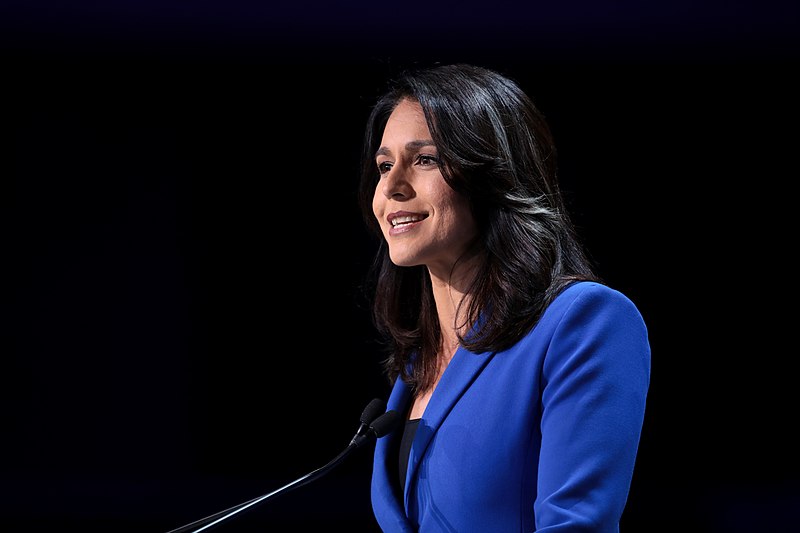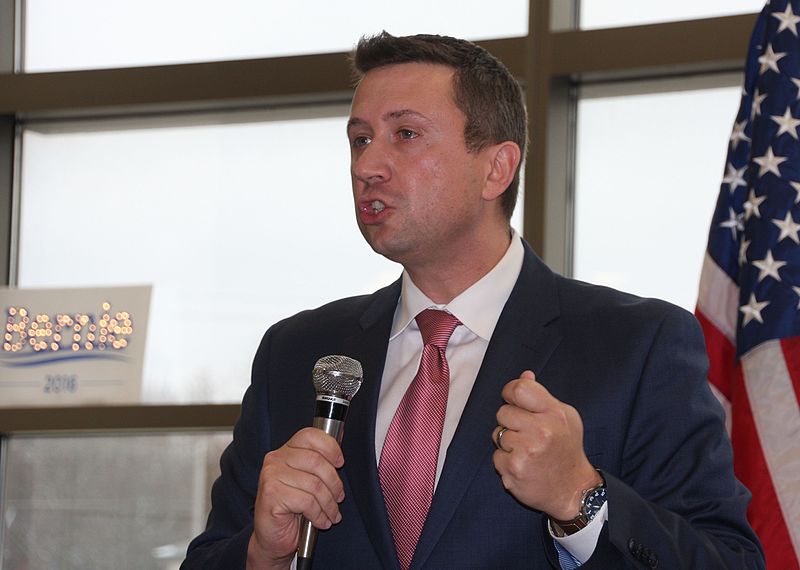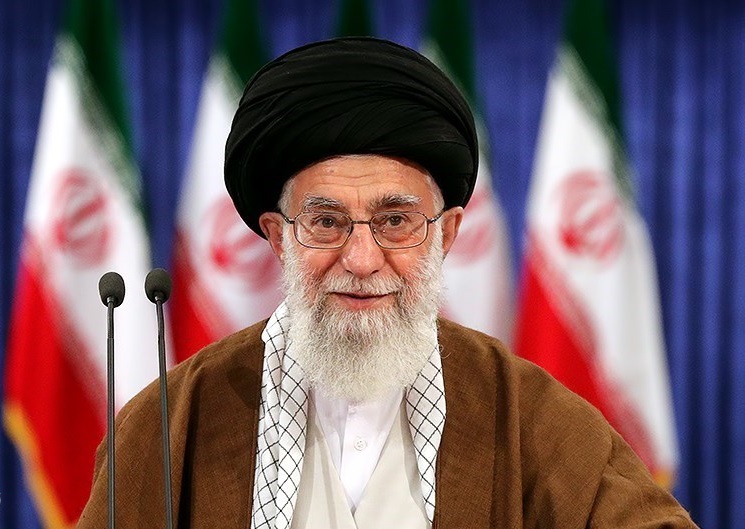
An Argentinian prosecutor is seeking the arrest of Iran’s Supreme Leader, Ayatollah Ali Khamenei, for allegedly ordering the 1994 bombing of the AMIA Jewish community centre in
Buenos Aires—a terrorist attack that killed 85 people and injured more than 300.
Federal prosecutor Sebastián Basso has requested both national and international arrest warrants and has alerted Interpol. He also instructed Argentine security forces to arrest Khamenei if he enters the country.
According to Clarín, Basso claims Khamenei personally authorized the bombing by issuing a fatwa, or executive order, in July 1994. The attack is widely believed to have been carried out by Hezbollah, the Iran-backed militant group.
Basso argued that Khamenei led and sponsored an armed group operating covertly outside Lebanon—closely tied to Hezbollah—that was behind the AMIA bombing and other terrorist acts. He emphasized that Khamenei’s position does not shield him from accountability.
This represents a shift from past approaches, where Argentine prosecutors viewed Khamenei as immune from prosecution due to his official role. Basso, however, cited Article 27 of the Rome Statute, asserting that no form of immunity applies to international crimes such as terrorism and crimes against humanity.
Khamenei, who has been Iran’s Supreme Leader since 1989, holds authority over the country’s intelligence services and foreign operations—including Hezbollah, whose secretary-general he appoints.
The AMIA bombing came two years after a 1992 attack on the Israeli embassy in Buenos Aires, which killed 29 people. Both bombings were claimed as Hezbollah retaliation for the Israeli assassination of the group’s leader, Abbas Musawi.
The case has long been mired in controversy. In 2015, special prosecutor Alberto Nisman, who was investigating an alleged cover-up involving senior officials, was found dead under suspicious circumstances shortly before he was set to testify.
Since the AMIA attack, Argentina and Iran have maintained only minimal diplomatic relations. Photo by Tasnim News Agency, Wikimedia commons.

